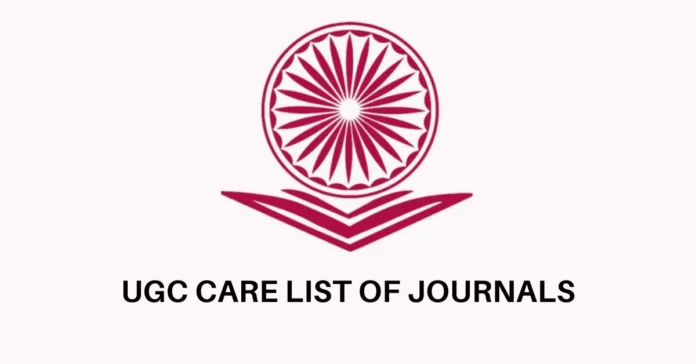The University Grants Commission (UGC) has announced a significant shift in its approach to promoting academic integrity and research quality. In a public notice dated 11th February 2025, the commission declared the discontinuation of the UGC-Consortium for Academic and Research Ethics (UGC-CARE) journal listing system. This decision (UGC Discontinues CARE Journal Listing), ratified during the UGC’s 584th meeting on 3rd October 2024, replaces the existing journal list with suggestive parameters to guide faculty members and students in selecting peer-reviewed journals.
Why Was UGC-CARE Journal Discontinued? -UGC Discontinues CARE Journal Listing
The UGC-CARE list, introduced in 2018, aimed to curb predatory publishing by curating a list of credible journals. However, challenges such as rigid criteria, evolving publishing practices, and disciplinary diversity necessitated a more flexible framework. The discontinuation follows recommendations from an expert committee(Check this article: new-guidelines-for-selecting-peer-reviewed-journals), emphasizing the need for institutions and researchers to adopt context-specific guidelines rather than relying on a centralized list.
Key Implications of the Change
- Autonomy for HEIs: Higher Educational Institutions (HEIs) can now tailor journal selection to their disciplines, fostering inclusivity for niche fields.
- Focus on Quality Over Lists: Researchers must critically evaluate journals using the newly proposed parameters, ensuring alignment with ethical and academic standards.
- Feedback-Driven Framework: The UGC has invited stakeholders to review and submit feedback on the draft parameters by 25th February 2025 via [email protected].
What’s Next?
The UGC urges HEIs to establish internal review committees to adapt the parameters to their institutional goals. Researchers are advised to familiarize themselves with the guidelines (attached PDF) to navigate the transition smoothly.
Key Takeaways:
- UGC-CARE journal listing discontinued (effective 2025) to replace rigid criteria with flexible, discipline-specific guidelines.
- New suggestive parameters focus on journal credibility, editorial rigor, ethical practices, visibility, and content quality.
- HEIs gain autonomy to customize parameters, fostering inclusivity for niche fields and regional research.
- Researchers must prioritize transparency (APC, peer-review timelines), ethical standards (plagiarism, AI policies), and journal impact metrics.
- Stakeholders can submit feedback on guidelines until 25th February 2025; HEIs urged to form internal review committees.
Conclusion:
The UGC’s shift from a centralized journal list to principle-based parameters reflects academia’s evolving needs. By empowering institutions to adopt tailored guidelines, the framework prioritizes flexibility, quality, and ethical publishing. Researchers and HEIs must actively engage with these parameters to combat predatory practices and elevate India’s research ecosystem. This transition underscores the importance of critical evaluation over checklist compliance, ensuring long-term credibility and relevance in global academia.
Source: UGC

